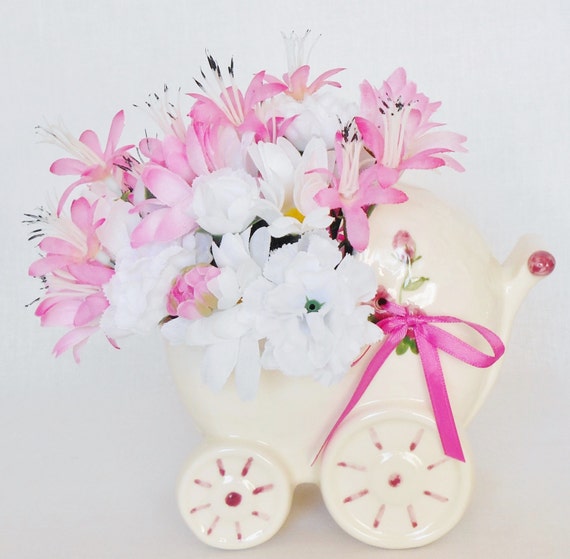The Artificial Silk Girl Pdf Dress


The Artificial Silk Girl follows Doris into the underbelly of a city that had once seemed all glamour and promise. Originally written in 1931 by 22-year-old German writer, Irmgard Keun, The Artificial Silk Girl became an instant best-seller. Just a year later it was banned by the Nazis, and all copies were destroyed.
Milk Silk Dress Girls
“Everything is being torn up and destroyed and if you want to be honest, you have to admit that you can’t figure things out anymore. And particularly an educated man can’t build anything for himself anymore, and everything is uncertain.
Read: The Artificial Silk Girl, Author: Irmgard Keun, free book online in EPUB, TXT, Pdf at FreeOnlineRead.net. Girls Dress Artificial Silk Cheongsam Chinese Floral Children Clothing Size 12m-8 More information Find this Pin and more on Chinese dresses by Margaret M Necaise.
The whole world is uncertain and life and the future and what we used to believe in and what we believe in now, and work isn’t fun anymore, because you always have a bad conscience because there are so many people who don’t have any. And so a man has nothing but his wife and he’s very dependent on her because he wants to be able to believe in something, and that’s the love for his wife — and then she doesn’t want all that love and that way you’re not worth anything at all anymore.
And because you’re nothing but a burden on humanity these days — that’s why you need that special someone so badly to whom you can be a joy. And then all of a sudden you’re no joy anymore. And true elegance is disappearing in this day and age and in times like that, women are the first ones to slide, and men are held by the law and they hold women too — and once all the laws of humanity have disappeared, man has nothing more to hold onto,”―Irmgard Keun. “When The Artificial Silk Girl first appeared in English in 1933, it was part of an ongoing cultural exchange between Germany and Great Britain. But it was not only the fact that Keun’s novel had been a bestseller in Germany that prompted its instant translation; it was also one of the last accounts of everyday German life before the Nazis came to power. By the time the English translation appeared in Great Britain, Keun’s books had already been banned in Germany. Thus star translator Basil Creighton made a special point of emphasizing the political environment encountered by Keun’s Artificial Silk Girl in Berlin, adding passages in the translation that were designed specifically to help readers position Keun’s novel in the context of then-recent German political developments.”―Irmgard Keun.
“But at the same time, there’s a lot of friction at home. My father is yelling and screaming about how I’m going to make a living now, and my mother wants this career for me, and I can hardly eat anything anymore because of all that ado.
My father is an old man and his life consists only of filthy cards and drinking beer and schnapps, and sitting around in bars — and that costs money! So when I no longer give him anything, I’m actually taking away from him. And I don’t cost him any money, except for sleeping in that crummy attic — and I hardly ever eat at home, but get invited to eat out.
But now his entire face spells reproach. Looks like I’m going to have to find me a man to pay for my clothes and 50 marks a month for at home, so he keeps quiet. And if I tell him how I got the money, he kicks me out — for moral reasons.
But if I don’t tell him, he doesn’t ask and doesn’t wonder about it, because he gets the money and it gives him peace of mind when he doesn’t have to think about anything.”―Irmgard Keun. “While there can be no doubt about Keun’s anti-Nazi sentiment, her “artificial silk girl” doesn’t really have any political convictions. In fact, she is completely clueless when it comes to politics, and therefore a perfect example for so many Germans of that time who realized what they had gotten caught up in only when it was too late to do much about it. In that sense, The Artificial Silk Girl can be read as an historical document, an entertaining and disturbing account of what it was like to be a young woman in Berlin as the Golden Twenties were drawing to a close.”―Irmgard Keun.